2 November 2016
View Webinar Content
Presentation—Introduction to the webinar and panelists
Presentation—Lucy Stevens and Aaron Leopold: National Energy Access Planning from the Bottom Up
Presentation—Yuri Lima Handem: Poor People’s Energy Outlook 2016
Presentation—Ishrat Shabnam: Poor People’s Energy Outlook 2016
Presentation—Robert Ddamulira: Reflections on Poor Peoples Energy Outlook
Transcript—Webinar audio transcript
The Clean Energy Solutions Center, in partnership with Practical Action, hosted this webinar on the 2016 edition of the Poor People's Energy Outlook (PPEO).
Recent years have seen incredible progress in our understanding of energy’s role in achieving broader development objectives, with the global community committing to universalizing energy access by 2030 in the United Nations’ Sustainable Development Goals. Despite this progress, however, energy poverty in dozens of countries around the world is predicted to increase, not decrease, as we move toward 2030, with many other countries set to see energy poverty only marginally reduced.
The webinar took an in-depth look at the newest edition of the Poor People’s Energy Outlook, National Energy Access Planning from the Bottom Up. Using case study evidence from Bangladesh, Kenya and Togo, the panelists explored how shifting the energy planning lens to one that begins with the needs of the people fundamentally changes the structure (smaller and more reliable), economics (cheaper) and timeline (faster) of delivering modern energy services to those who traditional approaches have left behind. Topics discussed include:
- The inadequacy of current energy planning approaches to meet global goals
- Results from modelling of least-cost solutions illustrating the centrality of distributed systems to ending energy poverty
- Clean cooking and how to meet aspirations to cook with clean fuels
- Gendered energy access needs and priorities, and implications for national planning
- Measuring access using a multi-tier framework to achieve longer-term development goals
- A need for greater cross-sectoral coordination among ministries, and capacity building on new technologies and approaches across the board.
Practical Action presented the PPEO and its key findings. Representatives of other organizations provided commentary from their own perspectives and talked about how they are addressing similar issues in their own work.
The presentations were followed by an interactive question and answer session with the audience.
Panelists
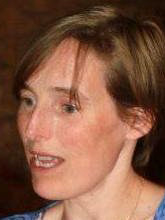 Lucy Stevens—Senior Policy and Practice Adviser, Energy and Urban Services, Practical Action
Lucy Stevens—Senior Policy and Practice Adviser, Energy and Urban Services, Practical Action
Lucy leads Practical Action’s efforts to influence the policy and practice of others internationally, in order to improve the access of poor women and men to energy services; and to water, sanitation, and waste management services in urban settlements. Prior to this, Lucy spent 10 years as the International Co-ordinator for Access to Services Programme at Practical Action. Lucy was awarded her Doctorate from the University of Oxford in 2002, for her research on informal settlements in Gauteng, South Africa, which was undertaken in collaboration with a local NGO, C A S E.
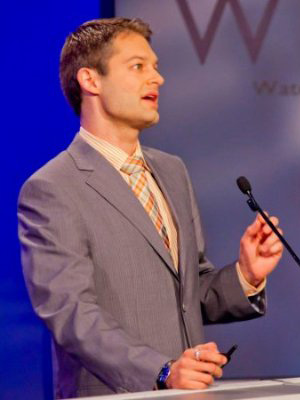 Aaron Leopold—Global Energy Representative, Practical Action; Deputy Director of Global Advocacy, Power for All
Aaron Leopold—Global Energy Representative, Practical Action; Deputy Director of Global Advocacy, Power for All
As Practical Action’s Global Energy Representative, Aaron manages the design and delivery of an ambitious agenda to leverage change in global and national energy policy and market building activities. In his role at Power for All, Aaron co-leads on the design and implementation of high-level outreach and engagement on Power for All’s mission to level the global playing and planning field for decentralized renewable energy as a means to achieve universal energy access. Before this, he worked in the sustainable energy team at the International Institute for Sustainable Development. Aaron graduated with a Master’s degree in Global Political Economy from the University of Kassel.
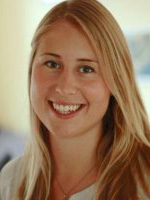 Jessie Durrett—Senior Programme Associate, Global Alliance of Clean Cookstoves
Jessie Durrett—Senior Programme Associate, Global Alliance of Clean Cookstoves
In her role with the Global Alliance for Clean Cookstoves, Jessie helps devise and execute the Alliance’s global advocacy efforts and supports the Alliance CEO. Prior to joining the United Nations Foundation and the Global Alliance for Clean Cookstoves team, Jessie worked on a variety of international policy issues at a number of institutions, including the United Nations and U.S. House of Representatives. She graduated with a Bachelor of Arts from Occidental College, where she studied Diplomacy and World Affairs and Spanish.
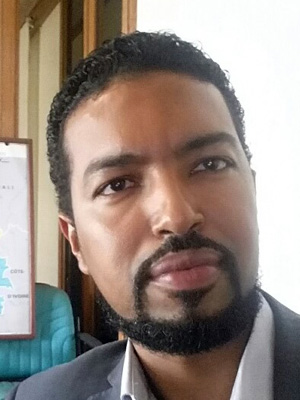 Yuri Lima Hardem—Renewable Energy Entrepreneurship Support Facility Co-ordinator, ECOWAS
Yuri Lima Hardem—Renewable Energy Entrepreneurship Support Facility Co-ordinator, ECOWAS
In his current role, Yuri assists ECOWAS entrepreneurs in developing their renewable energy project proposals. He also coordinates the regional capacity building efforts and technical assistance activities, as well as the support and mentorship to renewable energy entrepreneurs. Prior to this Yuri founded and managed DuraEnergy SARL, a renewable energy company serving Guinea-Bissau and Senegal. After completing his Bachelor’s degree in Electrical Engineering at the University of Texas at Arlington, Yuri graduated with a Master’s degree from Loughborough University, where he specialised in photovoltaics.
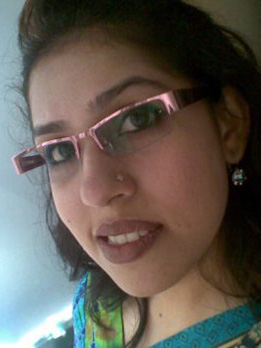 Ishrat Shabnam—Programme Manager, Practical Action Consulting (Bangladesh)
Ishrat Shabnam—Programme Manager, Practical Action Consulting (Bangladesh)
In her role at Practical Action Consulting, Bangladesh, Ishrat Shabnam develops, leads, manages and delivers consultancy work on renewable energy, climate change, DRR, agriculture, and market systems development. Shabnam also actively contributes to the development and delivery of the PAC international strategy. Before joining PAC, Shabnam worked as a Programme Officer at Christian Aid, where she specialised in pro-poor market development with a focus on gender, governance, and social exclusion. Shabnam graduated with a Bachelor’s degree in Civil Engineering from the Bangladesh University of Engineering and Technology, and completed her Masters at University of Bangladesh in 2007.
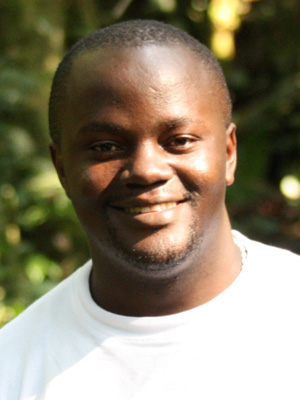 Robert Ddamulira—Energy Coordinator, WWF Africa
Robert Ddamulira—Energy Coordinator, WWF Africa
Robert has been engaged in professional environmental conservation work for the past 11 years; 7 of which have been working with the World Wide Fund for Nature (WWF). In his current capacity, Robert coordinates WWF teams across the African continent to address conservation and human development related aspects of energy development. Before joining WWF, Robert worked for Tullow Oil where he advised the company on minimizing its environmental footprint during an intense exploration and development period, between 2008 and 2009. In 2006, Robert was ranked by the World Bank amongst the 100 best young writers in a global competition, asking the question “How do you contribute to solving community problems—how do you influence decision making?”.
